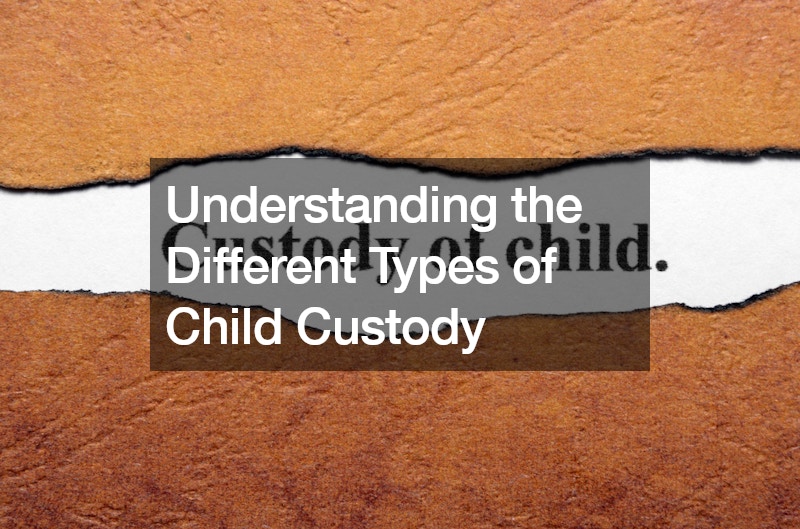Navigating child custody arrangements during divorce or separation demands a clear understanding of the different types of custody recognized under family law. Here’s an in-depth look at the various forms of child custody:
Legal Custody
Legal custody grants a parent the authority to make critical decisions affecting the child’s life, such as those concerning education, healthcare, and religious upbringing. When shared jointly, both parents collaborate on these decisions, aiming for consensus. In cases where one parent holds sole legal custody, they have the exclusive right to make these decisions without needing input from the other parent.
Physical Custody
Physical custody determines where the child primarily resides.
When one parent is awarded primary physical custody, the child lives with them most of the time, while the other parent typically enjoys visitation rights or scheduled parenting time. Joint physical custody, on the other hand, involves the child spending substantial periods with both parents, ensuring ongoing involvement and care from each.
Sole Custody
Sole custody occurs when one parent has both legal and physical custody of the child. This arrangement assigns full responsibility to one parent for the child’s upbringing and care. While less common today, it may be awarded in cases where joint custody is deemed impractical or not in the child’s best interests.
Joint Custody
Joint custody can refer to joint legal custody, joint physical custody, or a combination of both. Joint legal custody involves both parents sharing decision-making authority over major aspects of the child’s life. Joint physical custody means the child resides with each parent for significant periods, promoting continued relationships and involvement with both parents.
Choosing the Best Custody Arrangement
Selecting the right custody arrangement hinges on considerations of the child’s welfare, parental capabilities, and family dynamics. Experienced custody lawyers play a pivotal role in advocating for their clients’ preferences, navigating legal complexities, and ensuring that all decisions align with the child’s best interests throughout the legal process.
Understanding these distinct types of child custody empowers parents to make informed decisions and pursue arrangements that prioritize stability and well-being for their children during challenging family transitions.
.


